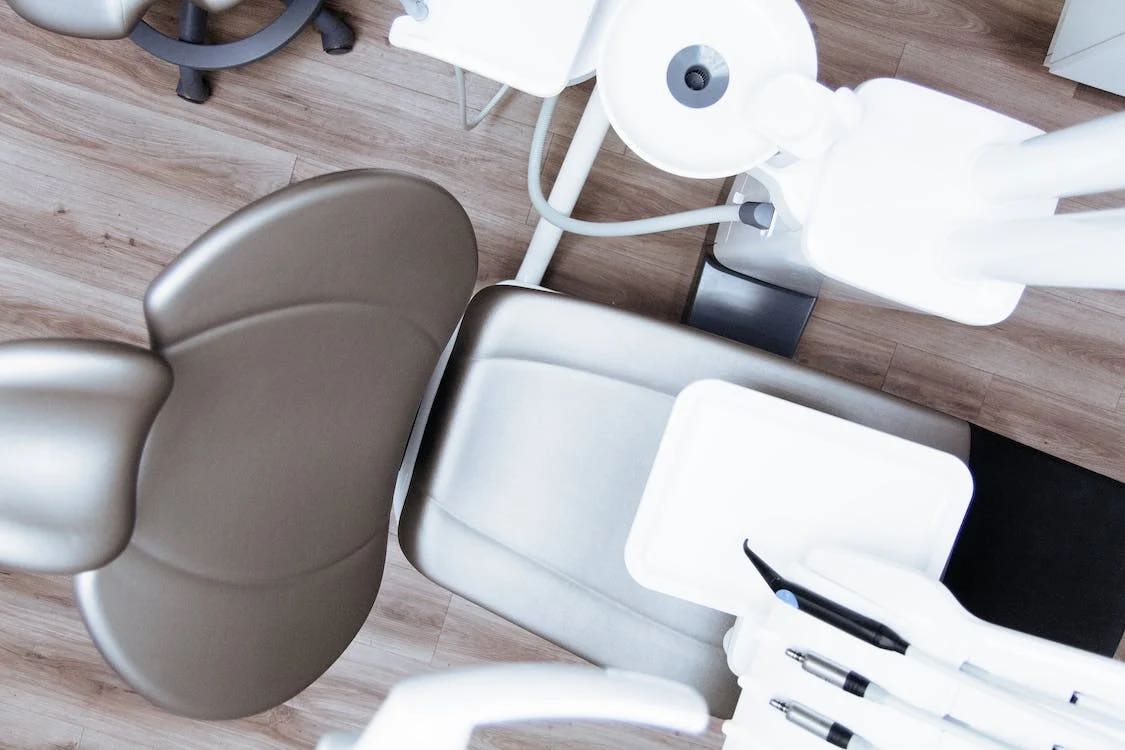When deciding whether or not to go ahead with getting braces it is important to assess whether you ‘need’ braces in order to help manage dental problems associated with misaligned teeth or whether you want braces so that you can achieve cosmetic benefits. There are some simple techniques that you can use to help you see whether your teeth will benefit from braces. These include:
- Looking for overcrowded teeth – this is the most common problem that braces are used to fix. One way you can check for this is using dental floss. If it hard to push the floss between your teeth it could be a sign that your teeth are overcrowded.
- Look at your bite – you should look at your bite in the mirror. If you have an overbite, underbite or crossbite then you can definitely benefit from braces.
- Look for teeth that are too far apart – this is another common problem that people can use braces to help them with. Teeth that are growing too far apart can lead to a variety of jaw-positining related problems.
For more information on these common symptoms of teeth that can benefit from having braces fitted as well as many others have a look at this video:
Contact an orthodontist or your dentist if you have any doubts about whether braces are a suitable option for you.
Getting Braces on the NHS
You will only be eligible to get braces on the NHS if you need them for medical purposes. If you wish to get braces for cosmetic reasons than you won’t be eligible for funding on the NHS and you will have to look for private orthodontists if you would still like to benefit from the teeth straightening that braces can offer. Private braces treatment can be an expensive option. However, because of the importance of braces and the positive effect that it can have on people’s lives many people in the UK use private orthodontic services .
Your orthodontist will usually be the one who decides whether your orthodontic condition is serious enough to warrant NHS funding.
For more information on how a decision about NHS funding for orthodontics is made it is worth reading the NHS website.
Getting Braces: Correcting Bites
Many people do not give the way the bite a lot of though but actually having a correct bite can really benefit you. Firstly, it allows you to chew and eat food more easily. Secondly, a correct bite will make it easier for you to clean your teeth and reach areas that people with incorrect bites simply cannot access. This will allow you to ensure that your teeth remain thoroughly clean.
You can see if your bite needs correction by looking at the way you bite in a mirror and seeing if it is any different to a normal healthy bite.
In addition to wearing braces, you can expect to be given elastic bands to wear on your braces to help speed up the process of the bite being corrected. Some people dislike this as they may have to wear the bands in the front of their teeth where they will be very visible to other people. However, there are many options now to make this more discrete. For example, there are clear plastic bands available, which are less obvious to other people. It is also worth remembering that the long term benefits of a correct bite outweigh any short term issues caused by these elastic bands.
Will I Always Be Able to Tell if I Need Braces?
Sometimes, it can be very obvious if you need braces. If your teeth positioning is seriously misaligned then it can be easy to realise if you need braces fitted. However not all cases are this obvious. Very often, reasons why you may need braces may be hidden.
This is why it is important to see your dentist regularly as they will be able to spot a hidden problem that braces can fix. This is essential as braces do not only exist to make your teeth look better but they are also there to treat hidden orthodontic conditions. People often forget that this is important to improving their overall health and lifestyle.

